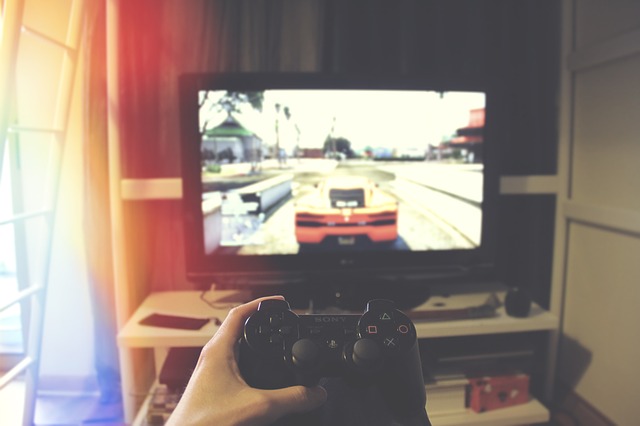

To a nongamer, sitting in front of a computer screen for five hours straight engaged in a single game can seem boring, baffling even. But this seemingly sedentary situation has more to it than meets the eye.
Video game engagement requires mastery of various skill sets. Although that may not include running to exhaustion or breaking sweat, these skills are not only useful in-game but have every practical utility that can be used in all aspects of life.
Let’s look at these must-have gamer skills and how they can be channeled into the real world.
Video games are essentially a series of challenges strategically compounded into a structure so that you have to overcome one first to progress into the game and see it to its conclusion.
A marker of a great video game challenge is when it not only tests how quickly you can think on your feet or how well you navigate your controls but also how good you can keep your calm.
Rage quitting is easy. Of course, you can always go back to your computer when your rage has abated, but maintaining patience is harder to do and offers a great payoff once you’ve tamed the beast—a skill that’s as rare and necessary in real life.
Even finding the best game deals or patiently saving up to build your dream gaming PC requires a persistent dedication to a goal, and it’s something a gamer takes seriously.
Video games at its core is an adventure. It’s a journey of discovery that requires a willingness on the part of the player to explore new territory and be ready to interact with these novel elements according to a set of rules dictated by the game. Success in this kind of endeavor requires striking the balance between caution and careless abandon.
In the real world, you are constantly bombarded with novelty, and it’s up to you to take the risk and see what’s out there or to stay within your comfort zone and risk not growing.
By being open to new things, you may be risking defeat or constant failure. But there’s also the exciting process of learning, and isn’t that what life is about?
Talk about exploring novelty, you’re really missing a lot if you’re only playing single-player games.
Team games are not only a lot of fun but are also great avenues for overcoming social and cultural barriers (shyness, xenophobia, poor communication skills, and fear of rejection, among many others).
A lot of people who initially meet online eventually meet in person and build lasting friendships.
Playing within team games also teaches you strategy and working with people collaboratively to achieve a common goal, an essential tenet of our social fabric.
The ability to work well with people translates into your personal and career life. If you know how to lead or follow commonly established rules, people will want to work with you, and that’s a winning characteristic.
Constant exposure to a series of challenges trains your brain to process environments instantaneously and create connections between seemingly random elements.
If you’re playing a game after another, you also learn to assimilate game mechanics quickly—and that’s not trivial, especially in severely complex games. That, on top of mastering game controls that could sometimes be a headache.
When faced with crucial situations within the game, you are forced to make split-second decisions, and this ability to make rapid assessments and judgments is one of the most helpful skills you can apply in real life.
In instances where important decisions have to be made on the fly, having a mind that’s attuned to making the most efficient choices is undoubtedly a killer asset.
Paying attention to details is a gaming skill that is refined over time. Of course, if the game really captures your interest, keeping focus is not hard to do. But noticing subtleties within the game and using this to your advantage, especially during team play, is a win-or-lose benefit.
Keeping your focus is sometimes reinforced when playing with others. But the general rule is this: the more you play, the better you will be able to improve your focus, so if you want to train this skill, invest time in playing games you are genuinely interested in.
Focus is a prerequisite for mastery. You can’t possibly be good at something if your heart is not in it. Just make sure you know where to direct that precious personal resource.
Mastery of these skills in-game will not only help you ace many real-life situations but also improve your cognitive functions, refine your eye-hand coordination, and even slow down your brain’s aging process.
If you’re training to become a pro gamer, these skills will help you build your career and succeed in your chosen path as an expert player.
Are there any instances that your video game skills have helped you in real-life situations? Share your experience by leaving a comment.
A t-shirt is one of those apparels that people like wearing. Usually, it is light…
Buying a home is a dream for many, and getting a good home loan interest…
The web is the largest repository of data related to different industries. Businesses can make…
What is Content? To answer this, first one has to understand what is content. Content…
Pay-Per-Click (PPC) is the most popular way of digital marketing that allows a business to…
Investing in Gurgaon’s real estate market presents exciting opportunities, but a common dilemma for investors…